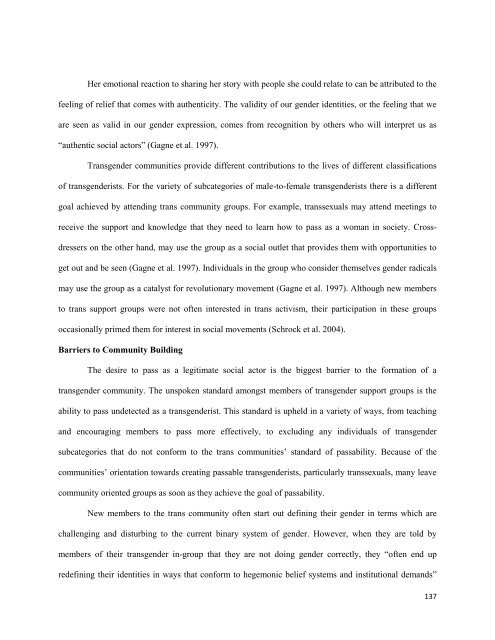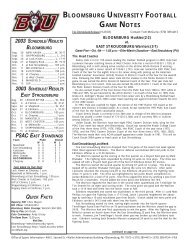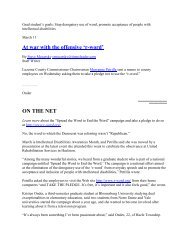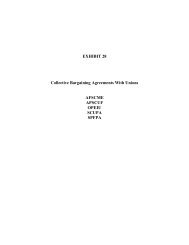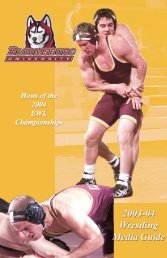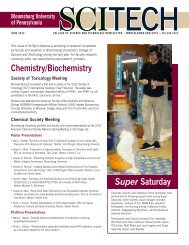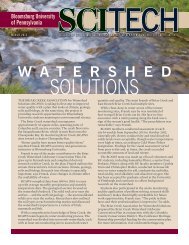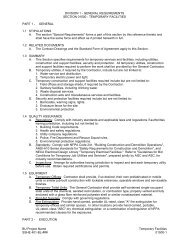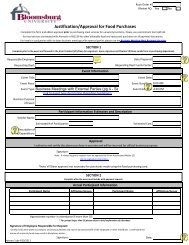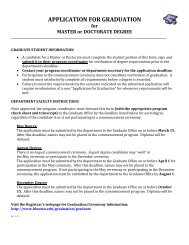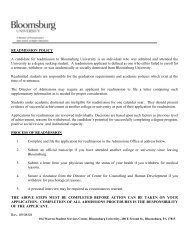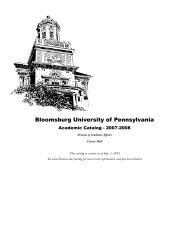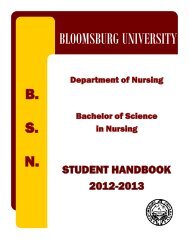Human Rights at Home and Abroad: Past, Present, and Future
Human Rights at Home and Abroad: Past, Present, and Future
Human Rights at Home and Abroad: Past, Present, and Future
Create successful ePaper yourself
Turn your PDF publications into a flip-book with our unique Google optimized e-Paper software.
Her emotional reaction to sharing her story with people she could rel<strong>at</strong>e to can be <strong>at</strong>tributed to the<br />
feeling of relief th<strong>at</strong> comes with authenticity. The validity of our gender identities, or the feeling th<strong>at</strong> we<br />
are seen as valid in our gender expression, comes from recognition by others who will interpret us as<br />
―authentic social actors‖ (Gagne et al. 1997).<br />
Transgender communities provide different contributions to the lives of different classific<strong>at</strong>ions<br />
of transgenderists. For the variety of subc<strong>at</strong>egories of male-to-female transgenderists there is a different<br />
goal achieved by <strong>at</strong>tending trans community groups. For example, transsexuals may <strong>at</strong>tend meetings to<br />
receive the support <strong>and</strong> knowledge th<strong>at</strong> they need to learn how to pass as a woman in society. Cross-<br />
dressers on the other h<strong>and</strong>, may use the group as a social outlet th<strong>at</strong> provides them with opportunities to<br />
get out <strong>and</strong> be seen (Gagne et al. 1997). Individuals in the group who consider themselves gender radicals<br />
may use the group as a c<strong>at</strong>alyst for revolutionary movement (Gagne et al. 1997). Although new members<br />
to trans support groups were not often interested in trans activism, their particip<strong>at</strong>ion in these groups<br />
occasionally primed them for interest in social movements (Schrock et al. 2004).<br />
Barriers to Community Building<br />
The desire to pass as a legitim<strong>at</strong>e social actor is the biggest barrier to the form<strong>at</strong>ion of a<br />
transgender community. The unspoken st<strong>and</strong>ard amongst members of transgender support groups is the<br />
ability to pass undetected as a transgenderist. This st<strong>and</strong>ard is upheld in a variety of ways, from teaching<br />
<strong>and</strong> encouraging members to pass more effectively, to excluding any individuals of transgender<br />
subc<strong>at</strong>egories th<strong>at</strong> do not conform to the trans communities‘ st<strong>and</strong>ard of passability. Because of the<br />
communities‘ orient<strong>at</strong>ion towards cre<strong>at</strong>ing passable transgenderists, particularly transsexuals, many leave<br />
community oriented groups as soon as they achieve the goal of passability.<br />
New members to the trans community often start out defining their gender in terms which are<br />
challenging <strong>and</strong> disturbing to the current binary system of gender. However, when they are told by<br />
members of their transgender in-group th<strong>at</strong> they are not doing gender correctly, they ―often end up<br />
redefining their identities in ways th<strong>at</strong> conform to hegemonic belief systems <strong>and</strong> institutional dem<strong>and</strong>s‖<br />
137


